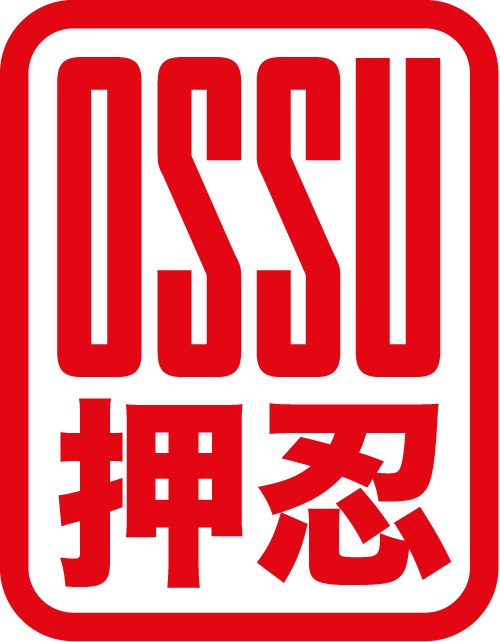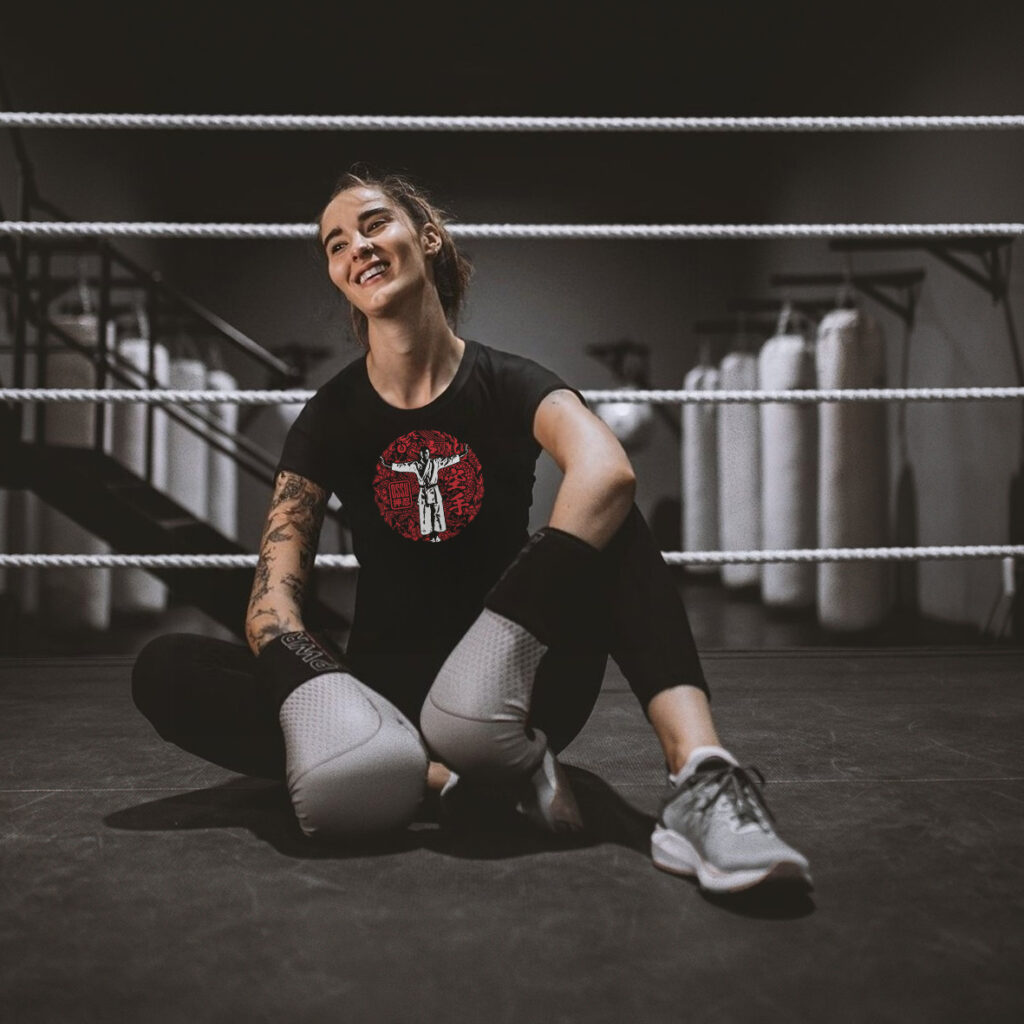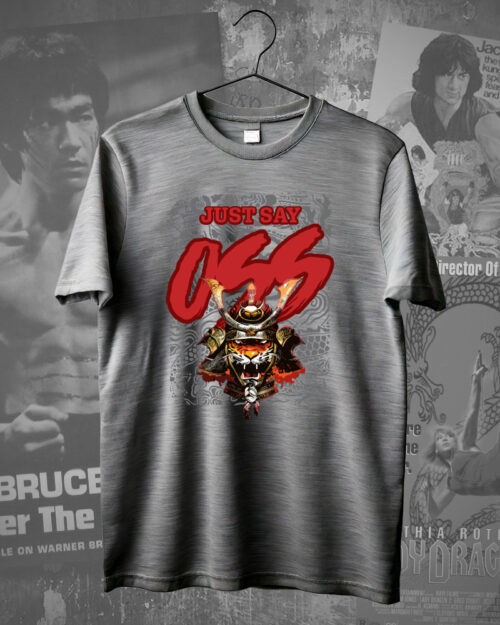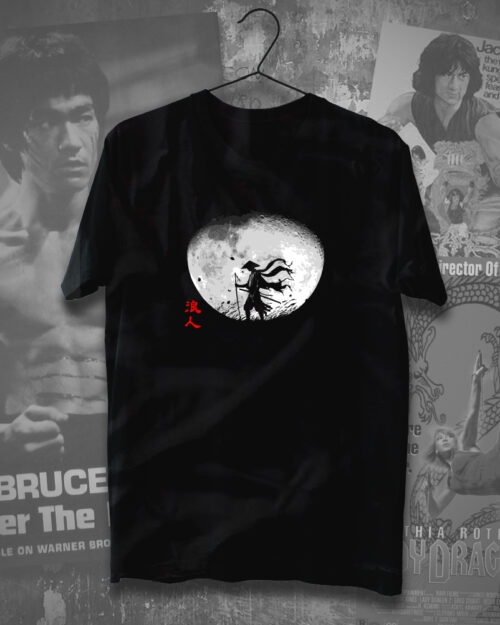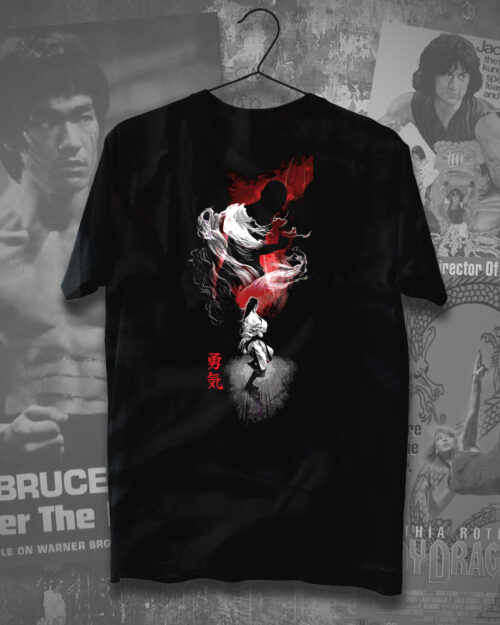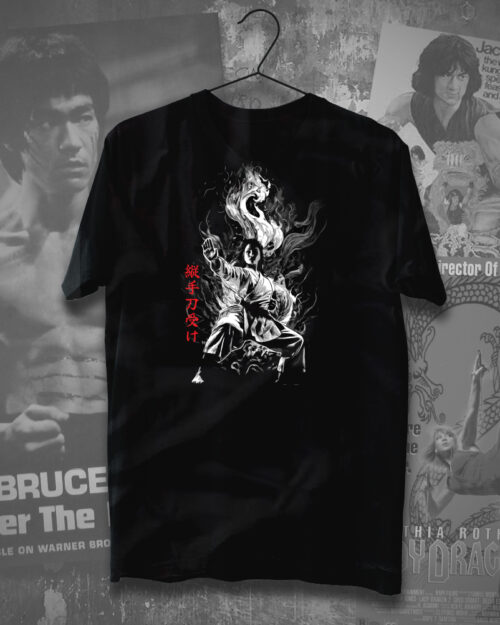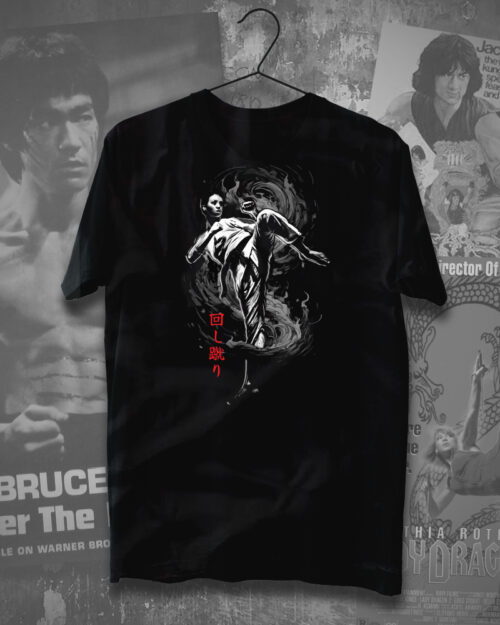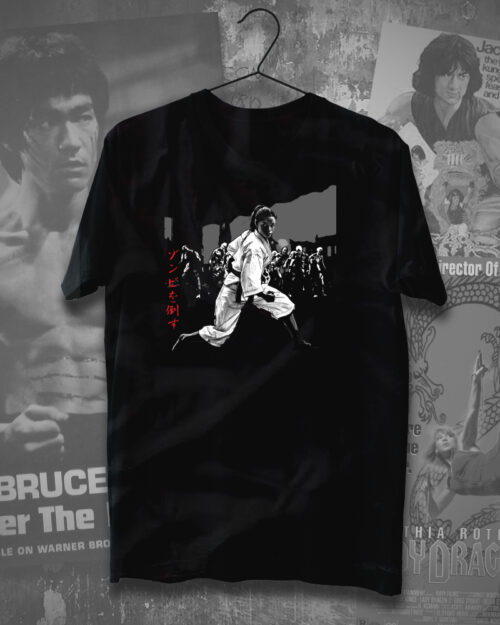In this interview with Alyssa, an accomplished martial artist and skilled tattoo artist, we delve into the fascinating intersection of her diverse passions. From her early introduction to Karate, ignited by spirited play with her grandfather, to her current status as a 3rd Dan Black Belt and active international Karate competitor, Alyssa’s martial arts journey has been a profound source of personal growth, discipline, and self-discovery. Alongside her dedication to Karate and her burgeoning career as a tattoo artist, Alyssa provides valuable insights into the delicate art of balancing these two distinct yet deeply connected facets of her life. Throughout our conversation, she shares her strategies for managing setbacks, the importance of consistent self-improvement, and how she navigates the demanding demands of these pursuits.
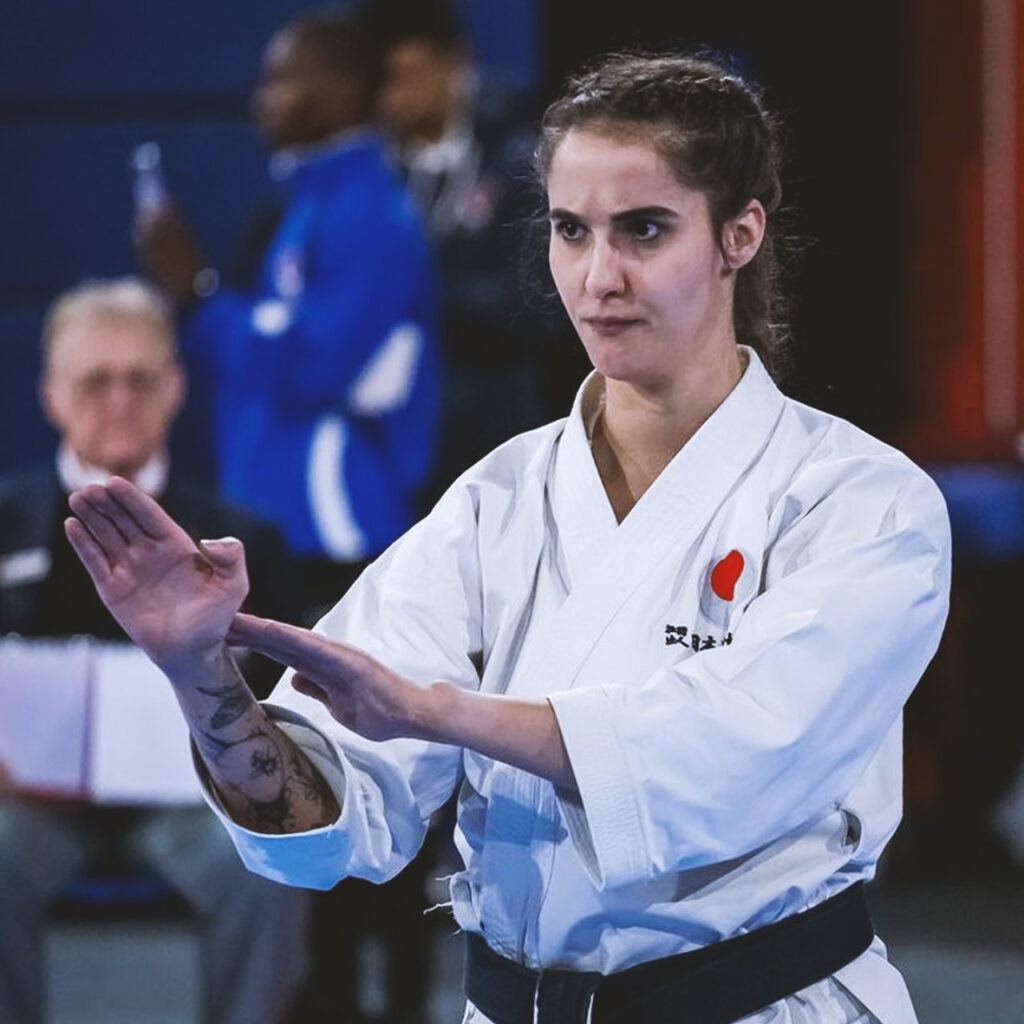
Can you share how you were first introduced to Karate, and what about it appealed to you?
I began wrestling and play-fighting with my grandfather as soon as I could walk. At the age of 2, I accidentally gave him a bloody nose. My grandmother decided at that point that it might be a good idea for me to start Karate to learn some control. This idea only came to fruition a few years later when I was old enough to start attending classes. In the meantime, I kept myself busy obsessing over Jackie Chan and Jet Li movies and pretending I was a ninja in the garden.
We’d love to hear about your Karate journey, starting from your early days and bringing us up to your current position.
I began training with Sensei Leon van Niekerk, who nurtured my love and excitement for the art of Karate and encouraged me as I trained double classes every day, attended tournaments every other weekend, and absorbed it all in general. I am thankful to have trained under him for over 10 years and still carry many of his mottos with me!
In 2015, I transitioned to Sensei Wendy Wannenburg. I was eager to progress in my Karate journey and was beyond excited to learn from Sensei Wendy, who is a living legend in the Karate world. She also had a dojo filled with young, talented individuals, all of whom I looked up to and was excited to learn from, making it the perfect fit.
Currently, I hold a 3rd Dan Black Belt. I’ve been training for about 18 years and have held my black belt for 13 years (which is amazing to think about). I am gearing up for the Shoto Cup in Japan in 2024 and hopefully will be grading for my 4th Dan around the same time.
Overall, my Karate journey has been inspired by many, but I’m especially thankful to my grandmother, Janine van der Merwe, for not only taking me to training every day but also providing funds for new gi’s (training uniforms) and kit whenever needed and traveling to tournaments all over the country, and even internationally. She also became involved as a tournament table official many years ago, as sitting in the stands all day became a bit boring! I wouldn’t be where I am today without her support. I often joke that my grandmother is more Karate-famous than I am; she’s the first topic that comes up at any tournament or gasshuku (training camp): “How’s your grandmother? Is she here today?”
What motivated you to pursue Karate as a lifelong passion?
Karate, contrary to what most might think, is not a sport; it is a way of life. There are, of course, elements of sport involved, as we do compete in tournaments. However, beyond that, the essence of Karate lies to me in developing and maintaining control of the body and cultivating calmness of mind. Although I’ve gone through phases in my life where I’ve been extremely dedicated and others where I’ve been less so (only making it to the dojo a handful of times in the year), Karate will always remain a part of me. It has fostered focus and discipline in me from a young age, revealed my strengths and weaknesses, and instilled confidence in my abilities. Through my journey with Karate, I am continually learning more about myself, and I eagerly anticipate the ongoing process of self-discovery.
In what ways has growing up in South Africa influenced your approach to martial arts?
I believe it is of utmost importance for everyone, with a particular emphasis on women, to possess the capability to defend themselves. Attending a single self-defense class may not prove sufficient in a real-life situation, unfortunately. Even individuals who have undergone years of training may still experience momentary freezes when faced with danger. It’s crucial to train in order to remain aware of your surroundings and to understand the resources at your disposal. Muscle memory must be able to take over, especially when your life is at stake. This principle holds true regardless of one’s location in the world.
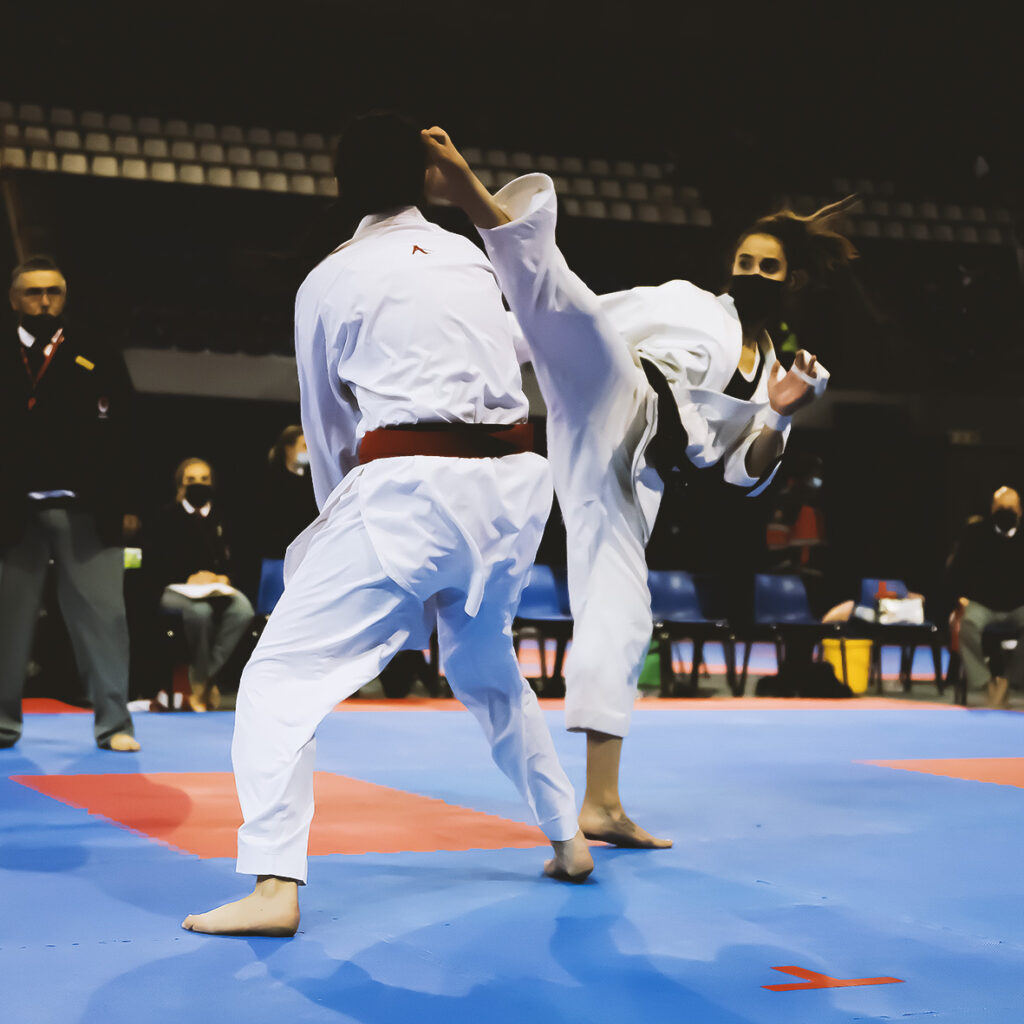
Could you tell us about your experiences and achievements in overseas Karate competitions?
I’ve had the privilege to compete internationally on several occasions, including participation in the 2nd WUKO Pan-American (Open International) Championships held in São Paulo, Brazil, in 2008, the 12th Gichin Funakoshi Shoto World Cup in Pattaya, Thailand, in 2011, and the 14th Gichin Funakoshi Shoto World Cup in Limerick, Ireland.
What do you attribute your recent success in the Unison Kata division to?
Being part of a dedicated group is the paramount factor in achieving success as a Unison Kata Team. I consider myself fortunate to have teammates like Alexandra Parris and Michiyo Morita. Coordinating the time and training schedules of three very busy adults can be quite challenging, but we’ve managed to make it work, and I can confidently say that my Karate skills have improved as a result. Michi and Alex are both outstanding Karate practitioners, and their constant push for improvement has been invaluable.
Can you explain what the Unison Kata division entails and why it’s significant in Karate?
Unison Kata also referred to as Team Kata, involves three individuals performing a kata of their choosing simultaneously and in perfect synchronization. Undoubtedly, this is one of the most challenging events at a Karate tournament because it demands unwavering commitment from all team members and meticulous attention to detail in the kata to ensure that every aspect aligns flawlessly.
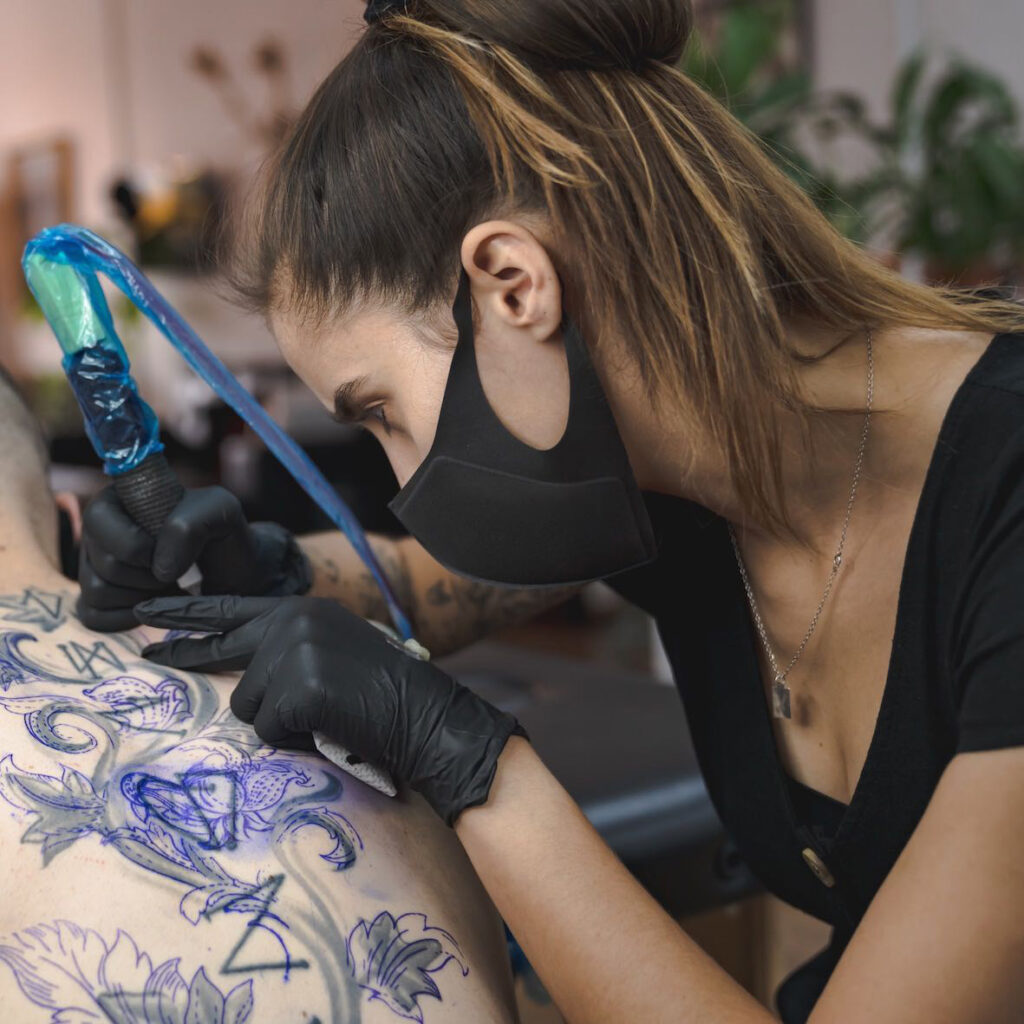
How do you balance your career as a tattoo artist with your dedication to Karate and Boxing?
Balance is a pursuit that I continually strive for in all aspects of life, yet it often seems just out of grasp. I firmly believe that life unfolds in phases, during which certain priorities naturally take precedence over others. There are only so many hours in a day, and it’s not always feasible to tackle everything simultaneously. In fact, attempting to do so can lead to burnout and injuries, a path I’ve become well-acquainted with, particularly when I tend to adopt an “all or nothing” approach. It’s taken me 25 years to realize the importance of prioritizing my overall health over excelling in all the diverse sports and activities that pique my interest.
So, I’m still a work in progress when it comes to achieving balance, but as long as I make a conscious effort each day to move closer to my goals, I consider it a job well done.
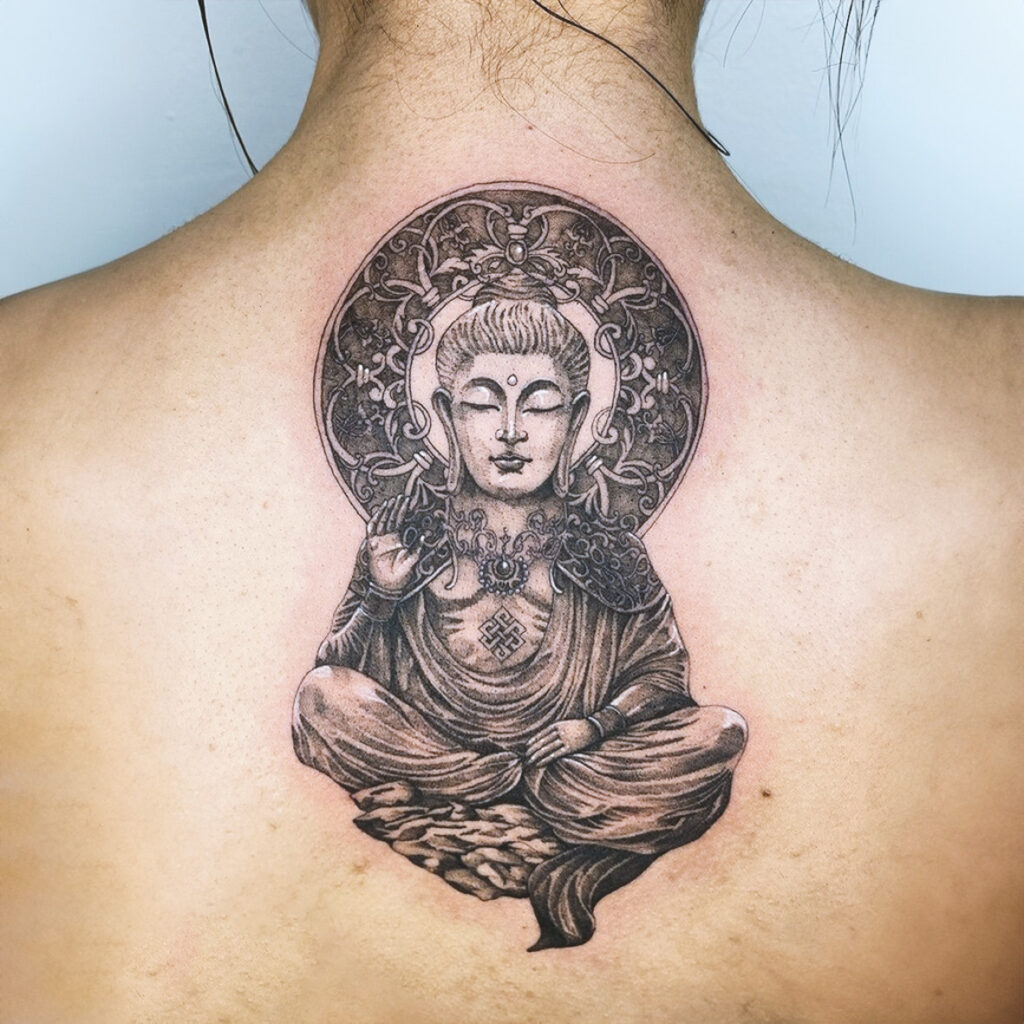
Are there any parallels or connections between tattoo artistry and martial arts for you?
As with anything in life, the more hours you invest in self-improvement, the more results will eventually manifest. I approach tattooing with great attention to detail, and this same principle extends to my training. My goal is to perform tasks correctly, pushing for the highest level of perfection attainable. Sensei Wendy often imparts the wisdom that “perfect practice makes perfect,” and I wholeheartedly embrace this mantra in my pursuits.
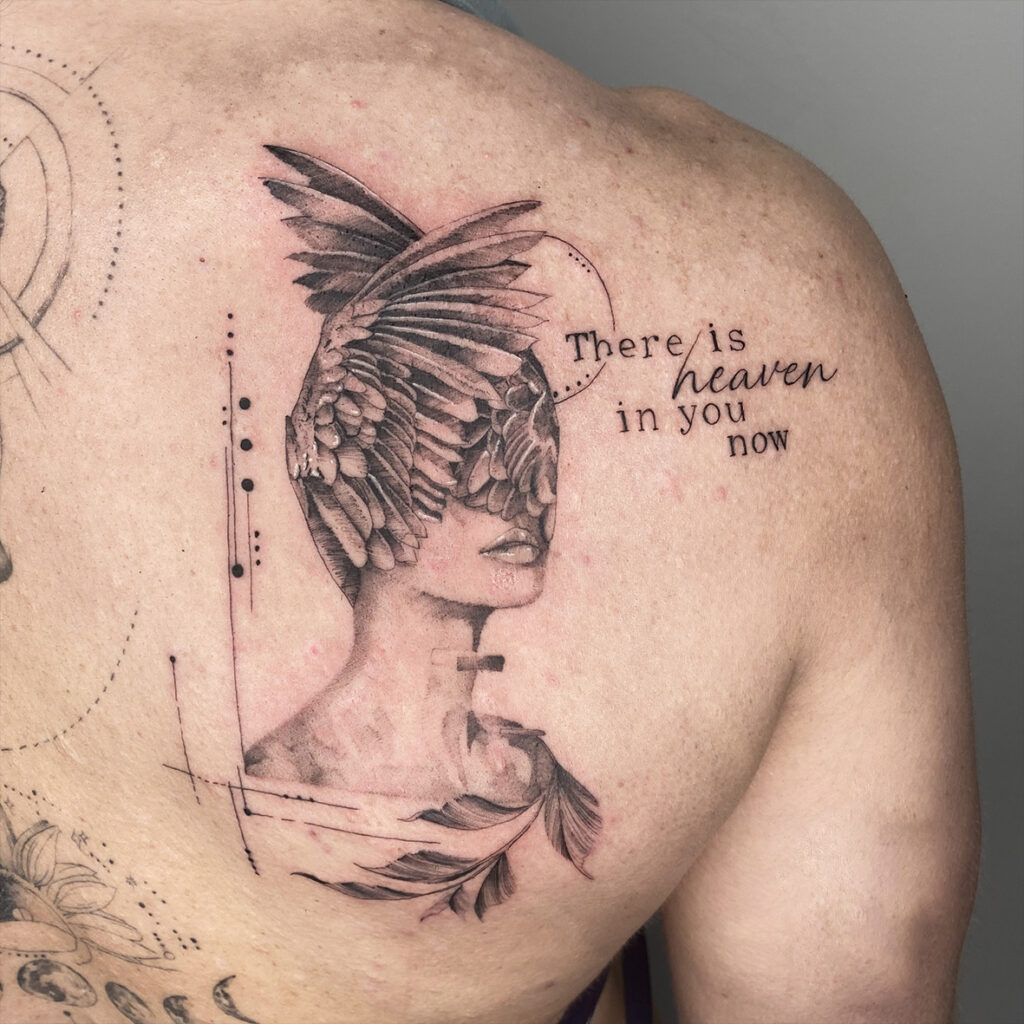
Describe a typical day in your life, managing both your tattooing and martial arts training.
I’ve had to become an early riser to make the most out of my day! My day-to-day schedule differs depending on what I’m specifically preparing for, whether it’s a Karate tournament, a boxing match, or just general training.
Tuesday – Friday Ideally, I begin my day with my initial training session, which starts either at 5:30 am or 7:30 am, depending on the day’s specific focus. These sessions typically last for an hour and encompass a variety of options, such as one-on-one sessions with my boxing coach, Hishaam Mayet, participation in Early Birds/Squad Training for Karate at SA JKA Honbu Dojo, or workouts with my Personal Trainer, Reinhardt Smit.
Sometimes, I even have double sessions, transitioning from Karate to Boxing back-to-back.
Afterward, I allocate time for a shower, a protein smoothie, and some work tasks such as administrative work (client responses) and design projects.
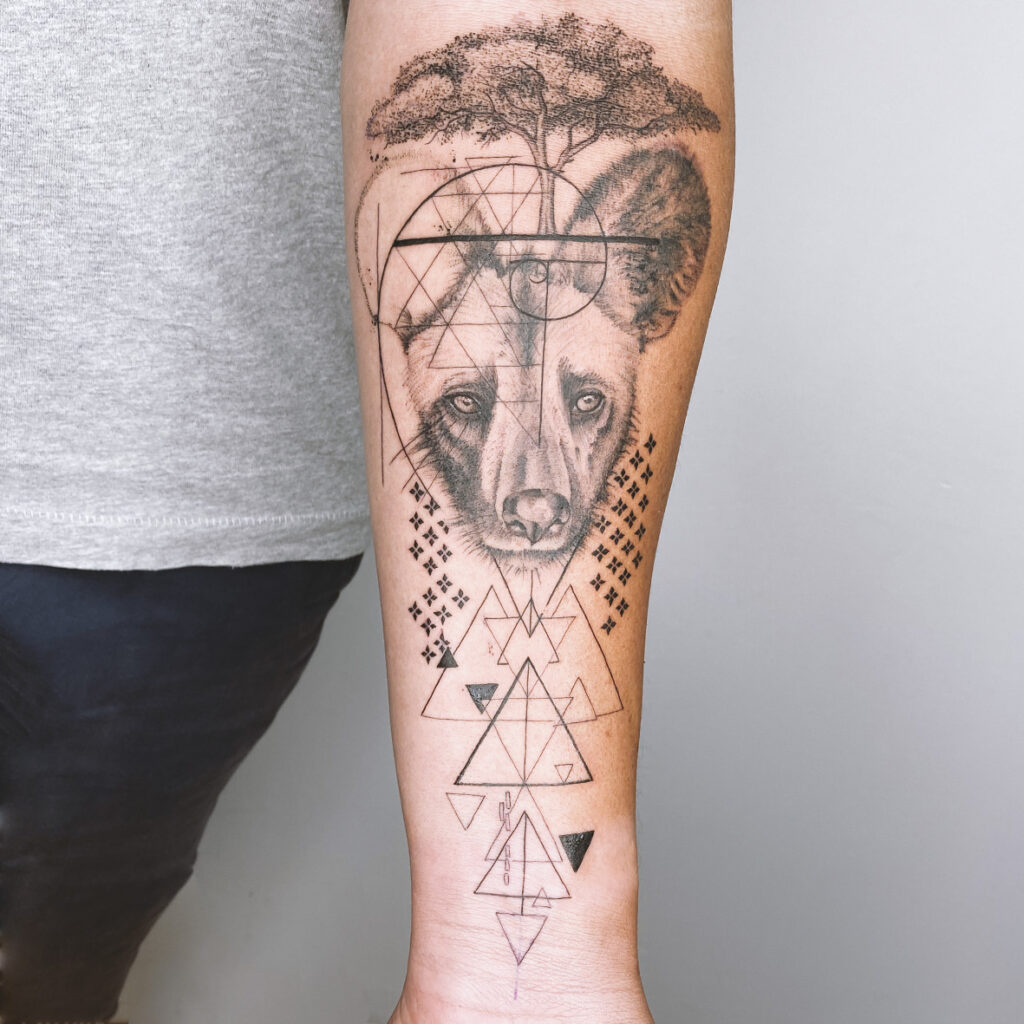
I start work at 9:30 a.m., prepare for the day ahead, and conduct consultations. By 10 a.m., my first client arrives. I can have between 5-6 clients in a day, each receiving smaller tattoos, or I might have a single client for the entire day, working on a larger project. My workday typically wraps up between 4 pm and 6 pm, although with bigger projects, I’ve occasionally worked well into the evening, with the latest this year being 11 pm.
Depending on when I finish work, I might engage in another Karate or Boxing session around 6-6:30 pm. If it’s too late for that, and I still have some energy, I’ll hit the gym on my own. However, more often than not, after a late workday, I head home for dinner, continue working on design projects, and prepare my bags and meals for the next day. Occasionally, if I finish early, I manage to squeeze in a 5 p.m. MMA or Muay Thai class, which is always a highlight of my week. Saturday mornings are reserved for a sparring session at 8:30 a.m. before heading to work.
Sunday & Monday On my days off, I focus on recovery and catching up with family and friends. Mondays, however, are dedicated to running errands, preparing for the upcoming week, and engaging in a session with my Personal Trainer, where we focus on rehabbing a recent injury. Additionally, I might have Karate practice or a one-on-one session with my MMA coach, Mpho Hloka.
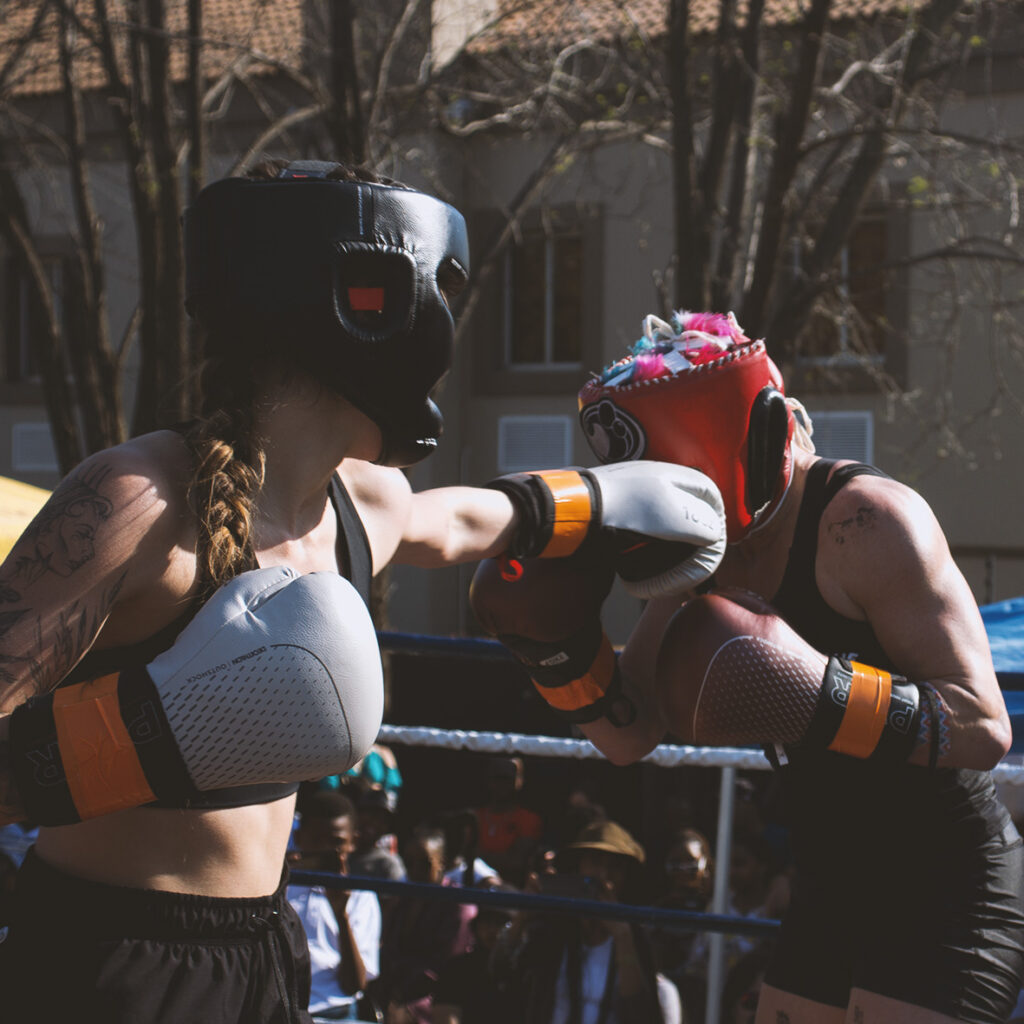
Tell us about your involvement in Boxing. How did you get started with it?
My first karate dojo was located next to an old boxing gym, and I distinctly recall having the impression that boxing was reserved for really tough and dangerous individuals. I didn’t think much about it after that initial impression. Fast forward to 2021, when one of my good friends received an invitation to participate in a celebrity boxing event. My partner, Jerome Van Zyl, was assigned the role of photographer and videographer for the event, and before I knew it, I found myself at Apex Sports Academy.
Any preconceived notions I held about what a boxing gym was supposed to be like were completely shattered. The facility was undeniably world-class, offering a wide range of classes in boxing, BJJ, Muay Thai, MMA, and wrestling, all led by some of the best coaches and professional fighters that South Africa has to offer. However, what truly won me over were the people. Apex felt like a family, where you were always greeted warmly and missed when you weren’t around.
Luke Hendrikz, the Head Boxing Coach at Apex, is a whirlwind of energy, and you can’t help but be swept up in his enthusiasm. I signed up immediately and have never looked back since!
What do you find most exciting or challenging about Boxing compared to Karate?
The endurance factor is on another level! Throwing and taking punches basically nonstop for several rounds is extremely taxing, but the adrenaline rush is what keeps me going. It’s also been extremely challenging to learn a completely new way of fighting, especially one where I can’t use my legs for kicks. I’ve often had the desire to execute a Mawashi Geri (round-house kick)…
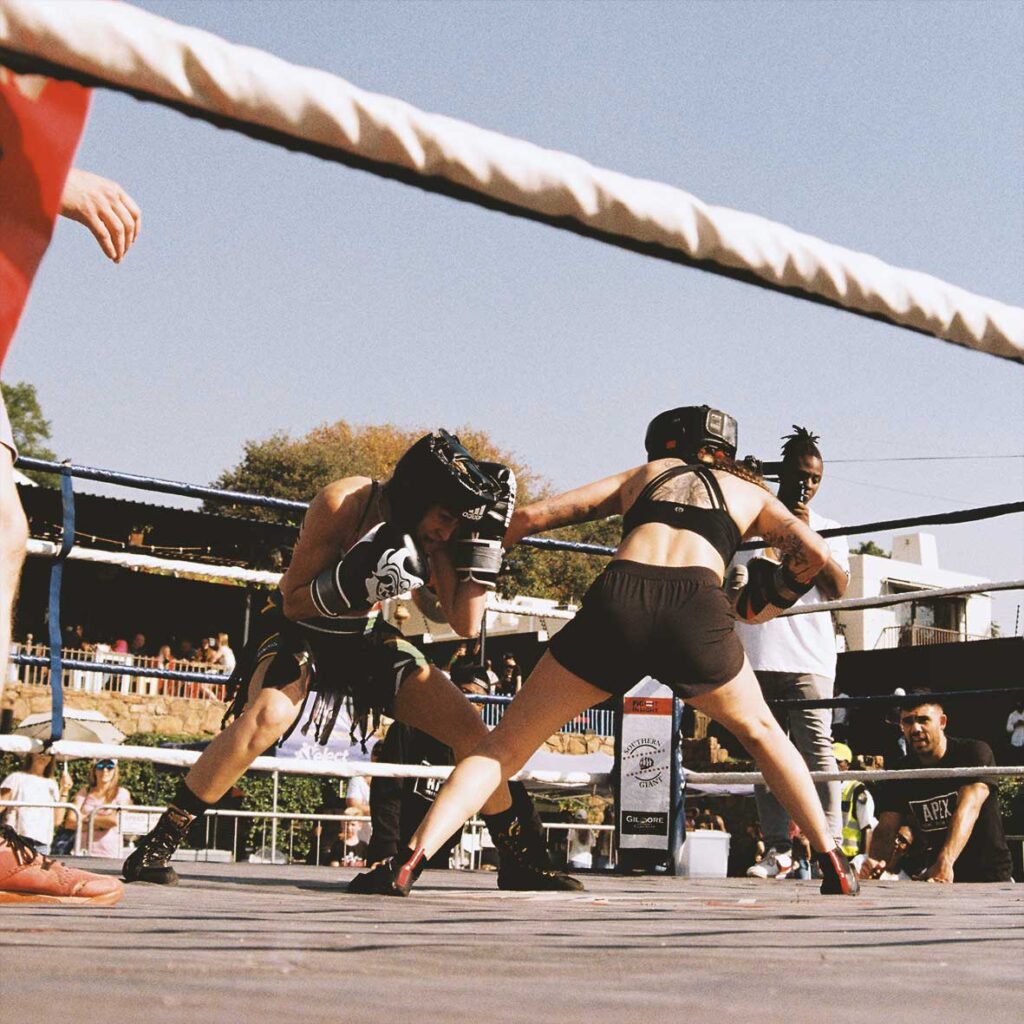
How has your Karate background influenced your Boxing skills and approach?
My ability to switch stances (from Orthodox to Southpaw) easily and interchangeably is extremely beneficial, as most boxers specialize in one or the other. Additionally, precision is a key element in Karate, and Karate-ka are renowned for their accuracy and precision, so having that ability has truly made a difference. Furthermore, the discipline and focus on technique that comes from Karate have been crucial in helping me advance in Boxing more rapidly than I would have anticipated.
Could you share some memorable moments from your Boxing experiences?
I’ve participated in three White Collar boxing events thus far, with more on the horizon. Two of these events were organized in support of charities that assist victims of Gender-Based Violence (GBV). I’ve thoroughly enjoyed each one; the adrenaline rush experienced in these intense, survival-like situations (because, in the moment, your brain doesn’t quite register that it’s not a life-or-death scenario) is truly unparalleled.
How do you stay physically and mentally prepared for both Karate and Boxing competitions?
Supplements play an extremely important role in my routine; I can’t expect my body to endure the rigorous training and long workdays I subject it to without proper support. Electrolytes, protein, and my multivitamins are fundamental. In addition to these essentials, I rely on various supplements like Amino Acids and Glutamine to optimize my performance.
Getting enough sleep is crucial; no amount of coffee or supplements can replace the benefits of a good night’s rest.
Prioritizing mobility and strength training is another key aspect I’ve started focusing on. It’s vital for injury prevention and ensuring that I can perform at my peak.
Once I’ve given my all in preparation for a fight or competition, I place my trust in the process. I try not to fixate too much on the outcome but instead focus on enjoying what I do and performing to the best of my abilities at that moment. If it leads to a gold medal, that’s fantastic. If not, I take it as a lesson on what to work on for the next time.
Who has been your biggest inspiration or role model in the world of martial arts?
That’s a challenging question, and I could talk at length about the numerous people who inspire me, but I’ll keep it concise.
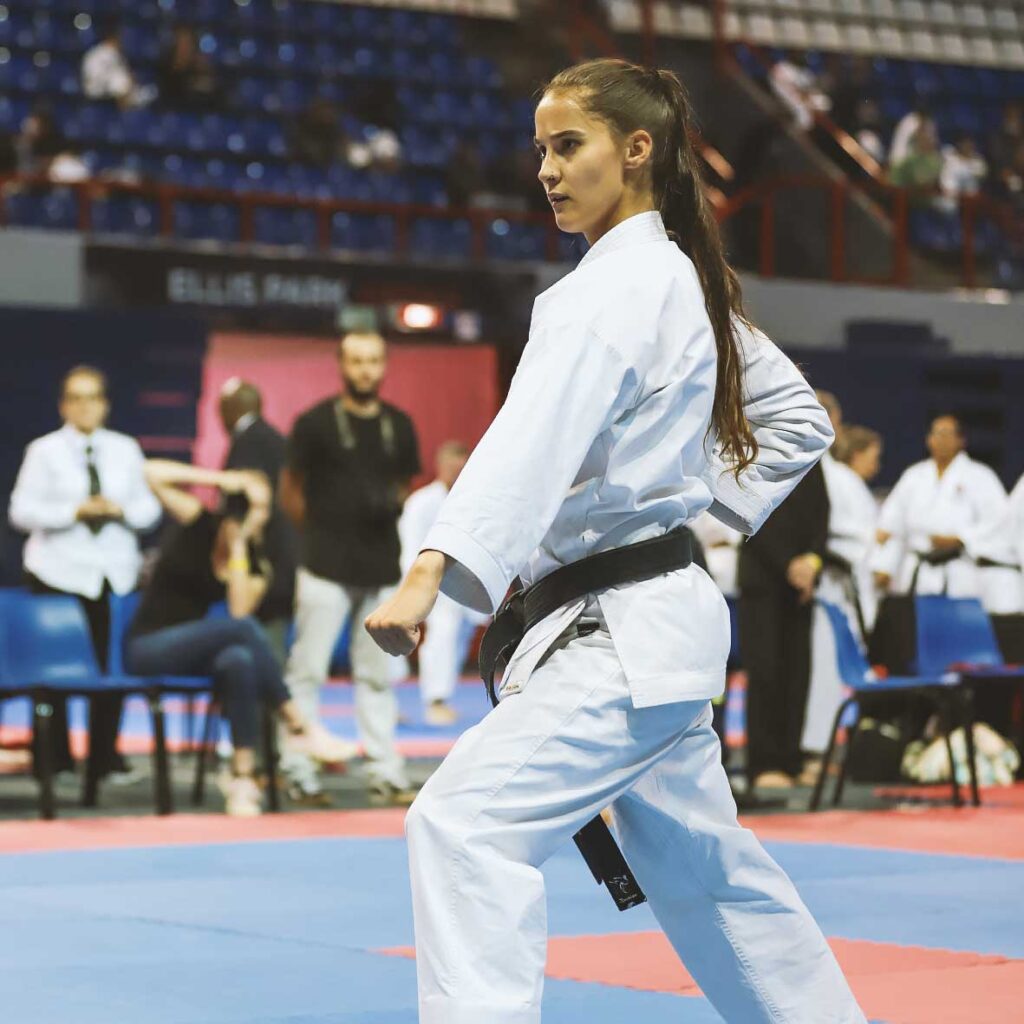
Boyd Allen, the proprietor of Apex Sports Academy, is a remarkably accomplished Professional Boxer and MMA fighter. Despite his prowess in the ring and beyond, Boyd carries himself with remarkable humility, integrity, and a composed and confident demeanor that serves as an aspiration for all. His versatility as a fighter, focusing on the philosophy of “hit and don’t get hit,” is truly commendable.
Sensei Bongi Ngwenya is, without a doubt, one of the most gifted individuals I’ve ever witnessed. However, what truly sets him apart is his unwavering dedication, self-discipline, and strong work ethic, which eclipse his natural talent. His speed, agility, and precise execution of techniques are nothing short of awe-inspiring. Despite his exceptional abilities, he remains down-to-earth and humble, making him a pleasure to know and an absolute inspiration to observe.
Are there any particular martial arts philosophies that you find particularly meaningful?
Kaizen, a Japanese philosophy emphasizing continuous improvement by striving to become 1% better every day, holds significant importance for me. It serves as a valuable reminder because I often find myself desiring substantial leaps of progress within a short period, and when that doesn’t happen, I become discouraged. However, I’ve come to understand that effort doesn’t always yield proportionate results. Consistency consistently outweighs sporadic bursts of intense effort in the grand scheme of things.
How do you overcome setbacks or challenges in your martial arts journey?
I grapple with setbacks, particularly those in the form of injuries or time constraints that impede my training. I often fret that the time I miss out on will significantly hinder my progress. However, I’ve realized that I tend to fixate more on the setback itself rather than on the path to recovery. Hence, I believe it’s crucial to recognize setbacks and challenges and then strategically navigate around them. Taking even small steps toward achieving my goals is always superior to doing nothing at all.
Can you discuss the importance of discipline and dedication in your training routine?
Discipline stands as a cornerstone for achieving any goal. It’s common to wait around for motivation or inspiration to strike, but relying on those unpredictable signals can be unreliable, especially when you’re waking up at 5 a.m. Motivation is often in short supply at that hour. Personally, I’ve discovered that I need accountability—someone who expects me to show up for training. This is one of the main reasons I find one-on-one training to be so beneficial. Beyond the additional focus on technique, knowing that I can’t let my coach or trainer down because their livelihood depends on my attendance is a powerful motivator.
However, it’s not always possible to have that level of accountability, and that’s when dedication and discipline become crucial. In those situations, I remind myself of the two choices I have: I can do what’s easy now and potentially suffer the consequences later, or I can do what’s hard now and make life easier for myself in the long run.
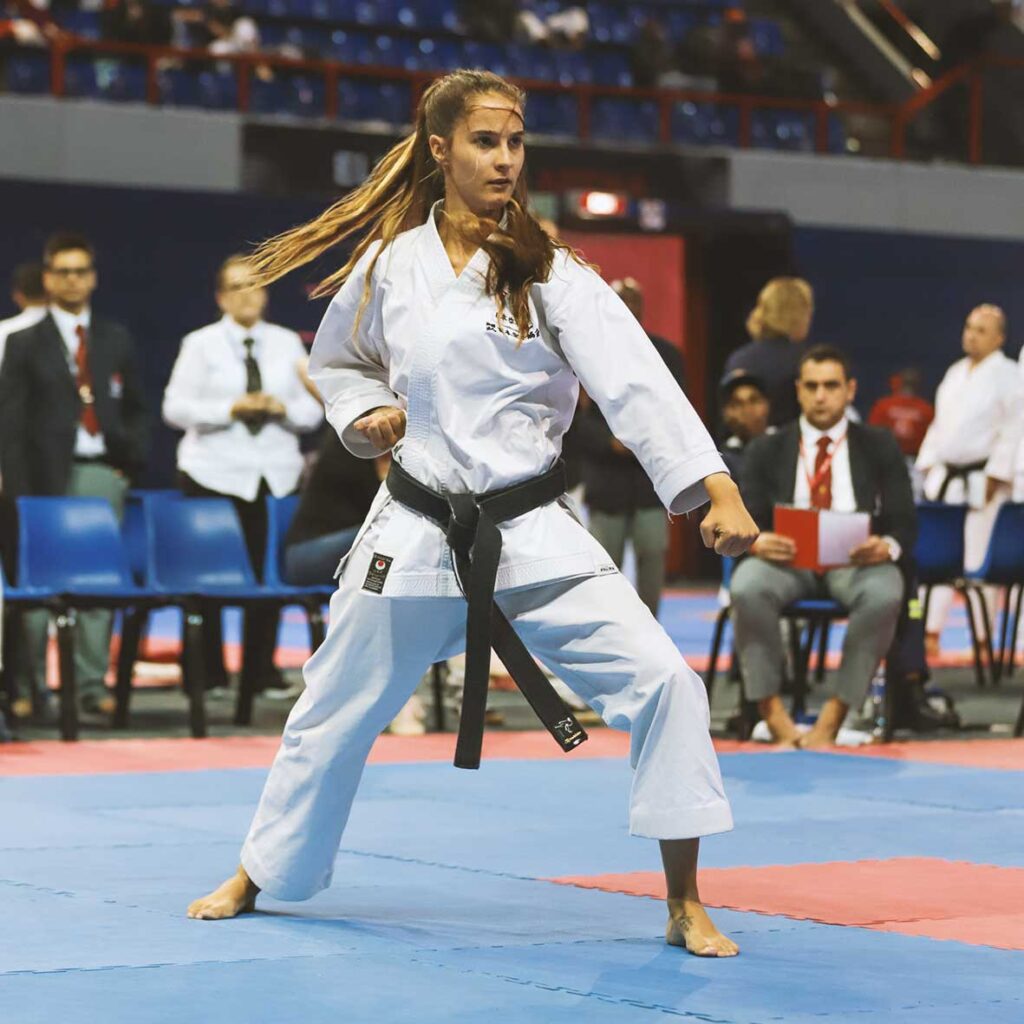
Have you ever faced significant injuries in your martial arts career, and how did you recover from them?
Fortunately, I haven’t experienced anything too severe (knock on wood), but I have had my fair share of injuries, including a broken toe, dislocated jaw, and strained tendons. Overcoming setbacks has been a challenge for me, primarily because I tend to be a bit of a perfectionist. If I can’t do something at full capacity, I have a tendency to avoid it altogether. This mindset requires a lot of mental effort to overcome. I’ve had to force myself to take several steps back and start building from the ground up, understanding that skipping steps can lead to more injuries.
I can’t emphasize enough the importance of strength and mobility training for everyone, regardless of whether they compete in combat sports or not. It’s a crucial component of injury prevention and overall well-being.
What are your future goals and aspirations in both Karate, Boxing, and Mixed Martial Arts?
In the short term, my goals include qualifying for and competing in the upcoming karate Shoto World Cup in Japan and aiming to achieve my 4th Dan grade. Additionally, I aspire to participate in my first MMA tournament.
Beyond these tangible goals, my overarching aim is to become the fittest and strongest version of myself in every aspect of life.
How did you become interested in becoming a tattoo artist, and what drew you to this profession?
I grew up watching Miami Ink with my mom, and we both became passionate about tattoos. However, I never envisioned it as my own path. It wasn’t until my final year of high school (Matric) that I started getting tattoos after years of planning. My mom, Leigh-Zanne van der Merwe, is incredibly artistic and nurtured my painting and drawing skills from a young age. Throughout my school years, I pursued art. By the end of Matric, I initially considered studying Fine Arts, but I realized I lacked a clear plan for the future.
While pursuing a degree that didn’t align with my passions, I applied for an apprenticeship at a tattoo studio, initially working only on weekends. It was during this time that I fell head over heels in love with the tattoo profession. Consequently, I made the decision to leave university and pursue tattooing full-time, and I haven’t looked back since.
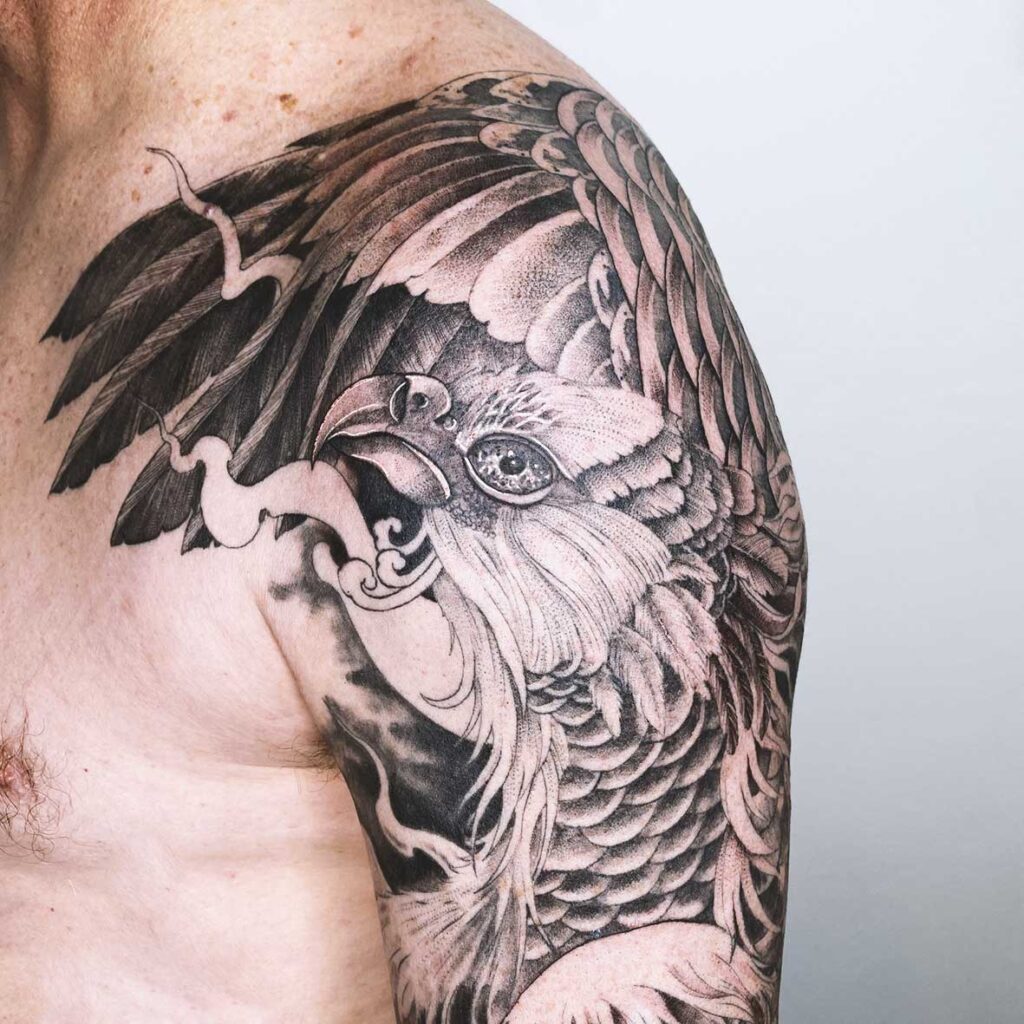
Do you see any artistic elements in tattooing that relate to your martial arts practice?
If it’s in the name, there must be a connection, right? Martial arts. I believe there’s unquestionably a correlation. It ultimately boils down to self-expression, the opportunity to harness your body and mind to craft something greater than yourself.
How do you balance the physical demands of martial arts with the precision required for tattooing?
I believe that both tattooing and martial arts demand a similar level of precision and full-body control, making them complementary in many ways.
Regarding the risk of injuries affecting my work, I take precautions whenever possible. However, I also acknowledge that I tend to be a rather clumsy individual, and I’m more likely to injure myself falling down stairs than during my training sessions.
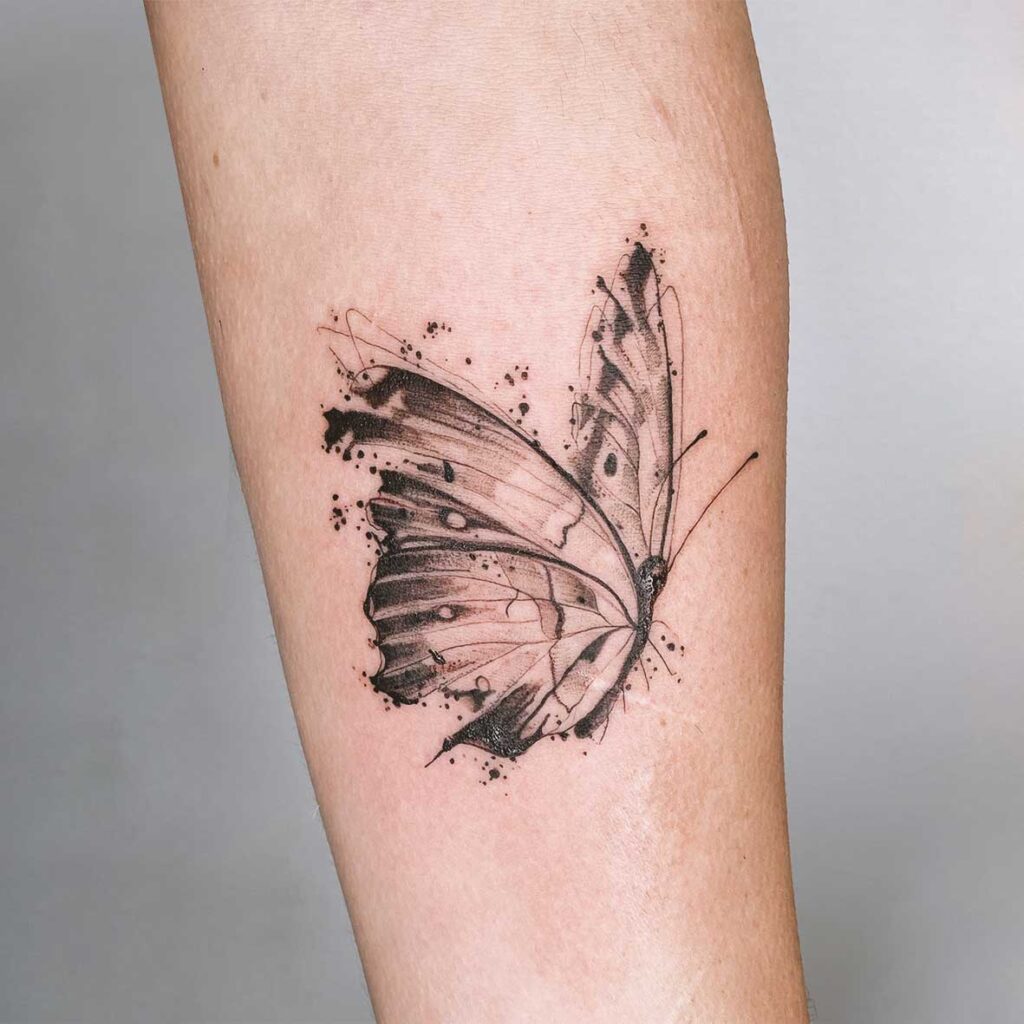
Can you share a particularly challenging or unique tattoo project you’ve worked on?
I recently finished a challenging project, creating a full-sleeve tattoo of a phoenix for a client. This project was particularly demanding because it required the design to wrap completely around his arm, extending from the shoulder and chest down to his hand. The most challenging part was figuring out how to position the various elements of the phoenix and connect them in a way that made visual sense. However, once I had the linework in place, the remainder of the process went smoothly, as I just needed to fill in the shading to bring the tattoo to life.
What advice would you offer to young individuals aspiring to pursue multiple passions, as you have with Karate, Boxing, Mixed Martial Arts, and Tattoo artistry? What advice do you have for individuals looking to pursue multiple passions simultaneously?
Firstly, it’s essential to understand that it’s perfectly acceptable to have multiple passions. Many individuals may insist that their particular sport, passion, or activity is the only one worth dedicating time to. However, what’s right for them doesn’t have to be right for you. You have the freedom to explore and try new things and experiences.
Secondly, it’s important to recognize that pushing yourself to discover your limits is okay. Burnout is a real issue and can be harmful if ignored. Sometimes, you might need to experience it to understand the signs and learn how to prevent it in the future.
Thirdly, recognize that life operates in phases. Expecting yourself to give 100% to multiple pursuits all the time is demanding. While it’s possible to manage this for a while, and even in the long term with proper strategy, keep in mind that you only have 100% of yourself to give. Sometimes, you might find yourself operating at less than full capacity, and that’s okay. It’s your choice to decide where to allocate the remaining percentage, and this ratio may change over time.
Lastly, pay close attention to your body. Recovery, both mentally and physically, is vital. Take the time to research what it takes to excel in your various passions and ensure you prioritize the necessary recovery to maintain your well-being.
